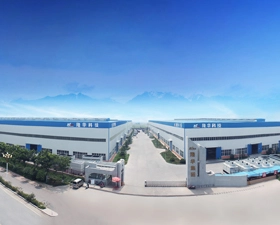Phosphate esters are a type of chemical material commonly used in a wide range of industrial applications. They are widely used in metalworking and manufacturing, and are known for their excellent flame-retardant properties. However, how do phosphate esters compare to other types of esters in terms of performance and application?
1. Excellent Thermal And Oxidative Stability
Phosphate esters have excellent thermal and oxidative stability, making them ideal for high-temperature applications. They are also non-toxic and non-corrosive, making them safe for use in a wide variety of applications.
2. Low Viscosity
In comparison to other esters, phosphate esters have a low viscosity, making them easy to use in a number of different applications. They are also highly soluble, which makes them ideal for use in a wide range of industrial processes.
3. Excellent Lubricating Properties
Another advantage of phosphate esters is their excellent lubricating properties. They are often used as lubricants in a variety of applications, including hydraulic systems and gearboxes.
4. Excellent Anti-Wear Properties
Phosphate esters also have excellent anti-wear properties, which can help to extend the lifetime of equipment. They are often used in demanding industrial applications where equipment reliability is critical.
5. Flame Retardancy
Finally, phosphate esters are also highly effective as flame-retardant materials. This makes them ideal for use in applications where fire safety is a concern, such as electrical equipment and textiles.
In conclusion, phosphate esters are a versatile and effective type of chemical material that can be used in a wide range of applications. Their excellent thermal stability, lubricating properties, and anti-wear characteristics make them an excellent choice for industrial applications, while their flame-retardant properties make them ideal for use in safety-critical applications.


 EN
EN
 jp
jp  ko
ko  fr
fr  de
de  es
es  it
it  ru
ru  pt
pt  ar
ar  tr
tr 











